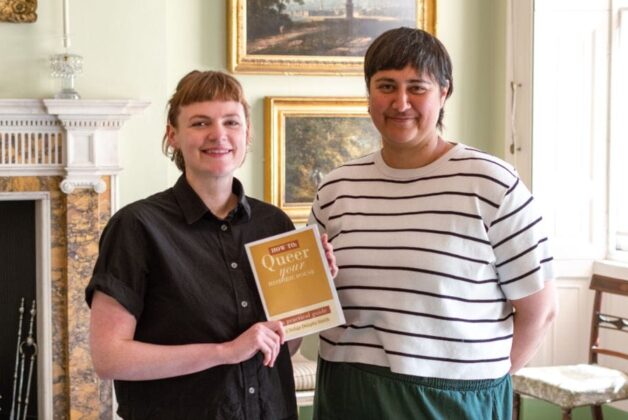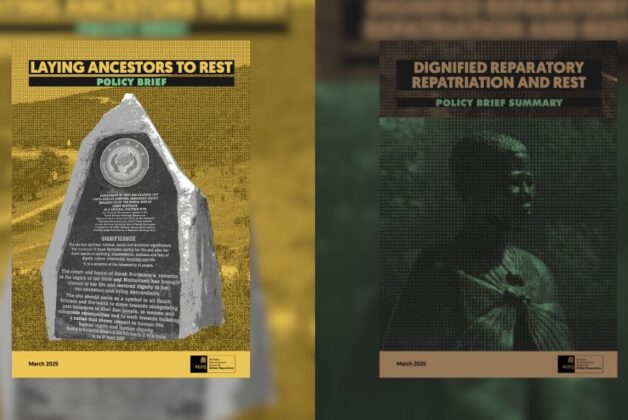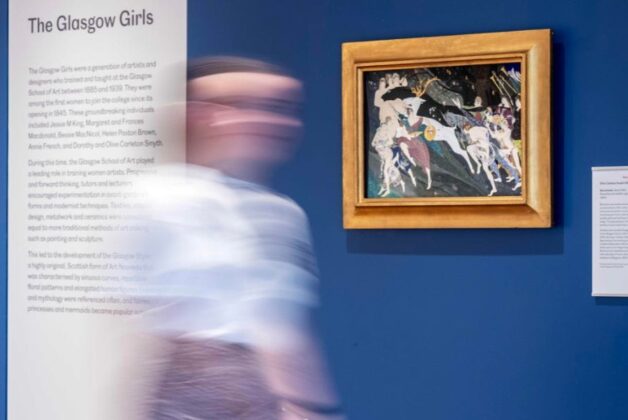The anti-terrorism legislation will require public spaces to additional anti-terrorism measures
Sir Keir Starmer has committed to introducing ‘Martyn’s Law’ under a Labour government, as the anti-terrorism bill featured in the King’s Speech this week.
The bill is designed to better prepare organisations for a potential terrorist attack, and will affect public premises including museums, galleries and heritage organisations.
Officially known as The Terrorism (Protection of premises) Bill, it was drafted under the former Conservative administration but was not enacted before the election.
It is known as ‘Martyn’s Law’ in tribute to Martyn Hett, who was killed alongside 21 others in the Manchester Arena terrorist attack in 2017.
King Charles said: “Measures will be introduced to improve the safety and security of public venues and help keep the British public safe from terrorism”.
Existing proposals set out in the bill sees public venues with a capacity of under 800 committing to a ‘standard tier’ of requirements including staff training. An ‘enhanced tier’ for venues with a capacity of over 800 people will include additional risk assessments.
Among the new requirements expected is staff training, raising awareness among staff, and the completion of a preparedness plan.
Last year, research suggested that the majority of museums, galleries and heritage organisations are unaware of the law, with three in five, or 61%, of decision makers at these public premises appearing to lack awareness of the forthcoming legislation.
Most heritage organisations unaware of forthcoming Martyn’s Law says new research
Martyn’s mother Figen Murray has since brought more attention to the law. In May she walked 200 miles from Manchester Arena to 10 Downing Street to meet with former PM Rishi Sunak, who had committed to its introduction prior to the election.





